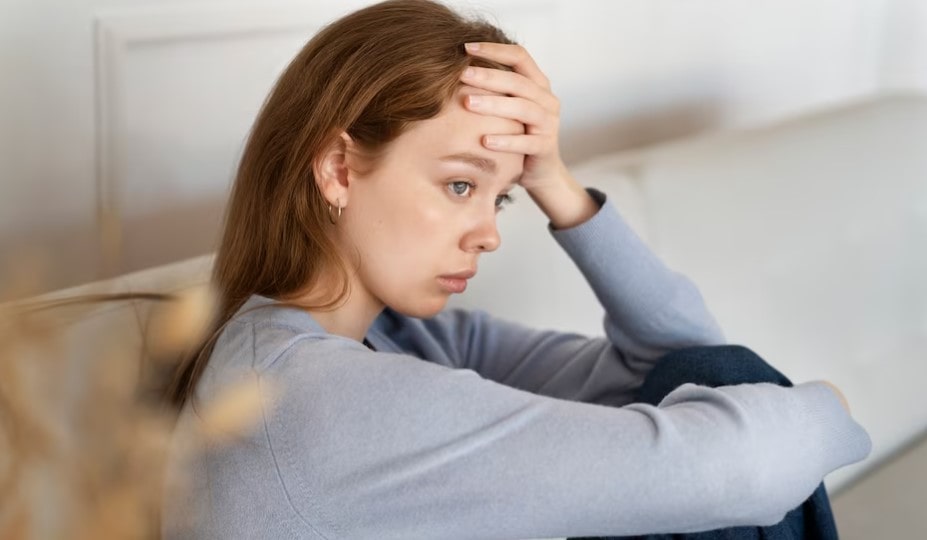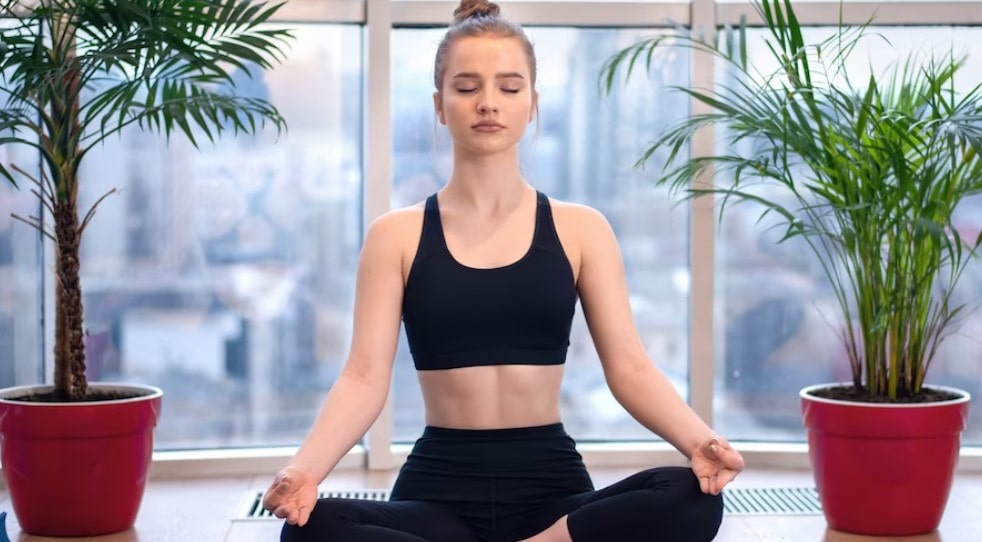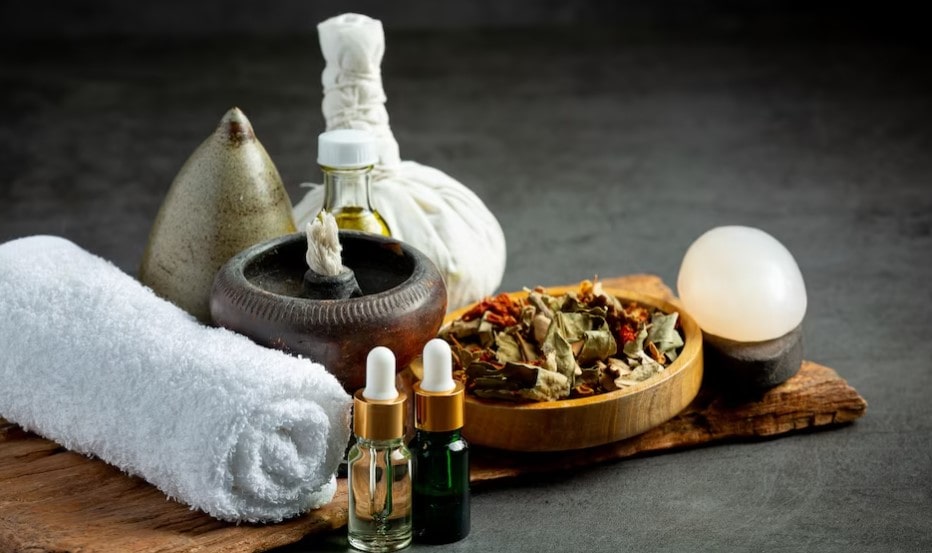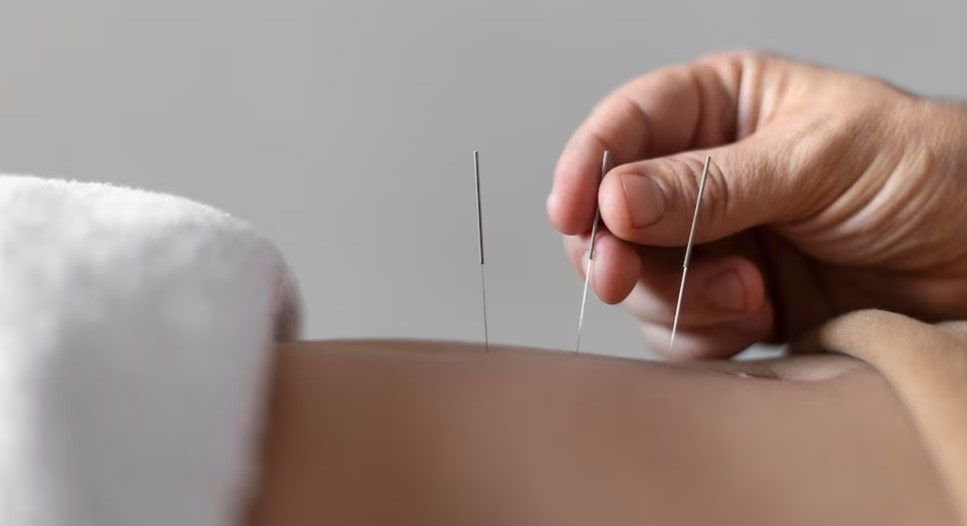Anxiety is a common challenge affecting millions of people worldwide, and the search for effective, natural ways to manage it has never been more prevalent. In today’s fast-paced world, where stress and anxiety are on the rise, many individuals are turning to natural remedies as a safer and more holistic alternative to traditional medications. This comprehensive guide will explore various natural methods for easing anxiety—from herbal supplements to mindfulness techniques—providing you with actionable strategies to achieve calm and balance without the reliance on pharmaceuticals.
Understanding the root causes of anxiety is essential to addressing it naturally. Anxiety can stem from a multitude of sources, including genetic predispositions, environmental stressors, and lifestyle factors. As awareness of mental health grows, so does the interest in natural remedies that not only alleviate symptoms but also promote overall well-being. In this article, we’ll delve into the science behind anxiety and discuss how natural treatments can play a significant role in managing stress. For a more in-depth look at the clinical aspects of anxiety, you can visit Mayo Clinic.
The Rising Trend of Natural Anxiety Remedies and Holistic Health
In recent years, natural remedies for anxiety have gained immense popularity, as more people seek alternatives to conventional medications. Social media discussions and blog posts dedicated to wellness have further fueled this trend, highlighting the benefits of non-pharmaceutical approaches.
Google Trends data shows that interest in natural remedies, particularly those related to mental health and stress relief, is at an all-time high. This surge is driven by a desire for more sustainable and side-effect-free methods to cope with anxiety. Whether you’re looking for a way to supplement your current treatment or seeking an all-natural approach, the growing body of research supports the benefits of integrating natural remedies into your daily routine.
For more insights into the popularity and benefits of holistic health practices, check out Healthline’s coverage on natural stress relief methods.

Herbal Supplements and Essential Oils: Nature’s Calming Allies
One of the most popular natural approaches to anxiety management is the use of herbal supplements and essential oils. These remedies have been used for centuries across various cultures for their calming properties.
Popular Herbal Supplements:
- Chamomile: Known for its gentle sedative effects, chamomile tea or supplements can help reduce anxiety and promote relaxation.
- Ashwagandha: An adaptogen that supports the body’s response to stress, ashwagandha is widely used in Ayurvedic medicine.
- Valerian Root: Often used as a natural sleep aid, valerian root can also help ease anxiety by promoting a sense of calm.
- Passionflower: This herb is believed to enhance mood and relieve anxiety, making it a common ingredient in herbal teas and supplements.
Essential Oils:
Essential oils such as lavender, bergamot, and sandalwood are popular choices for diffusing calming scents into your living space. Inhaling these natural aromas can have a soothing effect on the nervous system, helping to reduce anxiety and improve overall mood. To learn more about the benefits of essential oils, you might explore resources on Medical News Today.
Incorporating these natural substances into your daily routine can provide a non-invasive, side-effect-free approach to managing anxiety. However, it is important to consult with a healthcare provider before starting any new supplement regimen, especially if you are already taking prescribed medications.

Mindfulness, Meditation, and Deep Breathing Techniques for Anxiety Relief
Mindfulness and meditation have emerged as powerful tools in the battle against anxiety. These practices encourage you to stay present in the moment, reducing the impact of negative thoughts and stressors.
Mindfulness Meditation:
Mindfulness involves focusing your attention on the present moment and observing your thoughts and feelings without judgment. Regular practice can lead to a significant reduction in anxiety levels and improve overall mental health. Techniques such as guided meditation, body scans, and mindful movement are accessible to beginners and can be integrated into daily routines.
Deep Breathing Exercises:
Deep breathing is one of the simplest yet most effective techniques for reducing anxiety. Practices such as diaphragmatic breathing, the 4-7-8 method, and box breathing help to regulate the body’s stress response by lowering heart rate and promoting relaxation. These exercises are highly portable, making them perfect for use anywhere—whether you’re at work, in transit, or at home.
For additional guidance on mindfulness practices and breathing exercises, Mayo Clinic’s resources on meditation offer expert advice and step-by-step instructions.

Yoga and Exercise: Movement as a Natural Antidote to Anxiety
Physical movement, particularly through yoga and other forms of exercise, plays a crucial role in managing anxiety. Regular physical activity has been shown to release endorphins—the body’s natural feel-good hormones—which can help reduce anxiety and elevate mood.
Yoga for Anxiety:
Yoga combines physical postures, breathing exercises, and meditation to create a holistic practice that benefits both body and mind. Specific poses and sequences, such as Child’s Pose, Cat-Cow, and Savasana, are particularly effective for reducing tension and promoting relaxation. Many studies support the role of yoga in decreasing symptoms of anxiety and depression.
General Exercise:
Beyond yoga, other forms of exercise such as walking, running, and strength training can also help manage anxiety. Regular exercise not only improves physical health but also provides a constructive outlet for stress, leading to improved mental clarity and reduced anxiety levels.
For more comprehensive insights into the benefits of exercise on mental health, consider visiting Harvard Health Publishing.

Diet and Lifestyle Changes: Fueling Your Body and Mind for Calm
What you eat and how you live can have a profound impact on your mental health. A balanced diet rich in nutrients can support brain function and reduce anxiety symptoms.
Foods That Help Combat Anxiety:
- Omega-3 Fatty Acids: Found in fatty fish, flaxseeds, and walnuts, omega-3s support brain health and reduce inflammation.
- Magnesium-Rich Foods: Magnesium, abundant in leafy greens, nuts, and whole grains, plays a role in regulating the nervous system.
- Probiotics: A healthy gut can influence your mood. Fermented foods like yogurt, kefir, and sauerkraut can promote a balanced gut microbiome, which has been linked to lower anxiety levels.
- Antioxidant-Rich Fruits and Vegetables: Berries, citrus fruits, and colorful vegetables provide antioxidants that help fight oxidative stress—a contributor to anxiety.
Lifestyle Adjustments:
In addition to dietary changes, small lifestyle modifications can yield significant benefits. Adequate sleep, regular physical activity, and setting aside time for relaxation are essential components of a holistic approach to anxiety management. Adopting habits such as journaling, spending time in nature, and engaging in creative activities can also help mitigate stress.
For a deeper dive into the relationship between diet and mental health, Healthline’s nutrition section is an excellent resource.

Integrative Approaches: Blending Natural Remedies with Professional Guidance
While natural remedies can offer significant relief for anxiety, they are often most effective when used in conjunction with professional therapies. Integrative approaches that combine natural remedies with evidence-based treatments such as cognitive-behavioral therapy (CBT) can provide comprehensive support for managing anxiety.
Complementary Therapies:
Many individuals find that integrating practices like mindfulness, yoga, and herbal supplements with professional mental health care creates a balanced approach. This integrative model not only addresses the symptoms of anxiety but also targets its underlying causes, leading to more sustainable long-term results.
Professional Support:
It is important to recognize that while natural remedies are beneficial, they should not replace professional care when needed. If anxiety significantly interferes with daily life, seeking guidance from a mental health professional is crucial. Therapy, counseling, and in some cases, prescribed medication can be essential components of a well-rounded treatment plan.
For more information on integrative approaches to mental health, you might explore articles on Psychology Today.
Overcoming Common Challenges in Adopting Natural Remedies for Anxiety
While the benefits of natural remedies are clear, adopting a new regimen can come with its own set of challenges. Common hurdles include:
- Inconsistency: Establishing a regular routine can be difficult amid busy schedules. Incorporating small, manageable practices into your daily life can help overcome this obstacle.
- Misinformation: With the vast amount of information available online, it is crucial to rely on credible sources for advice. Look for guidance from reputable websites such as WebMD and Harvard Health Publishing.
- Patience: Natural remedies often work gradually. It’s important to be patient and give your body time to adjust to new practices.
By addressing these challenges head-on, you can create a sustainable, natural approach to managing anxiety that fits seamlessly into your lifestyle.
Conclusion: Embracing Natural Remedies for a Calmer, Healthier Life
In a world filled with fast-paced living and constant stress, finding natural ways to manage anxiety is both a practical and empowering choice. From herbal supplements and essential oils to mindfulness practices and lifestyle changes, there are a variety of effective, natural remedies available that can help you achieve calm without medication.
By embracing these holistic approaches, you not only address the symptoms of anxiety but also enhance your overall quality of life. Remember, the journey to mental well-being is deeply personal. While natural remedies offer a wealth of benefits, they work best when combined with professional advice and tailored to your unique needs.
Whether you’re new to natural anxiety relief or looking to deepen your current practices, the key is to remain patient, stay informed, and be proactive in your journey toward a calmer, healthier life. As more people share their success stories and research continues to validate these approaches, natural remedies are poised to become a cornerstone in the management of anxiety.
For further reading on holistic anxiety management and natural wellness strategies, consider exploring additional resources from Healthline, Mayo Clinic, and Psychology Today.
Embrace the journey to a stress-free life by experimenting with these natural remedies, and remember that the most effective solution is one that is tailored to your personal needs and lifestyle. Take the first step today toward a more balanced, serene future without relying solely on medication.









Leave a Reply